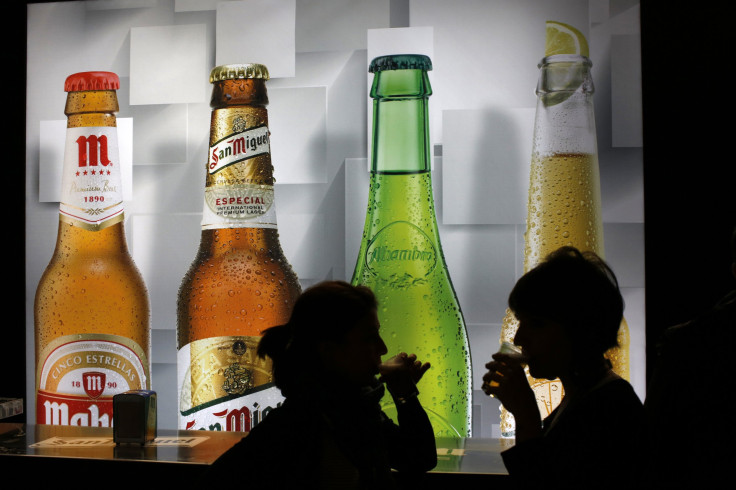Love Hormone Reverses Effect Of Alcohol

The mammalian bonding hormone oxytocin prevents rats from becoming intoxicated with alcohol, a new study has found. This finding could help create drugs to treat alcoholism in humans. Oxytocin was found to block alcohol’s intoxicating effects and to prevent alcohol from acting at the sires in the brain that are involved in alcohol’s intoxicating effects. The findings were reported in the Proceedings of the National Academy of Sciences.
The findings were serendipitous. The researchers were observing the movement of drunk and sober rats for a different study. That study looked at the role of oxytocin in blocking alcohol induced release of dopamine. Sober rats wandered around their enclosure while those that had been given alcohol just sat heavily with their nose in the corner of the enclosure. A third group of rats that had been given oxytocin prior to consuming alcohol also wandered around like normal curious rats. The researchers repeated these tests and carried out further tests including studying how long the rats could hang upside down from a wire grid. The rats that were sober could hold on for about 10 to 15 seconds. The rats that had had alcohol could hold on for only about two seconds. Rats treated with oxytocin could hold on for ten seconds as well.
The researchers then studied in vitro the delta-subunit GABA-A receptors that alcohol is known to bind to cause intoxication. When they applied alcohol the receptors gave a very big response but then they were able to block that response with the oxytocins.
Oxytocin somehow prevents the intoxicating effects of alcohol, which include overly relaxed muscles. Recent previous research has shown that oxytoxin may also reduce alcohol consumption, craving and withdrawal. Oxytocin has already been used as a labour inducing drug for a very long time and has been rigorously tested for safety.
To contact the writer, email: sonali.raj@gmail.com






